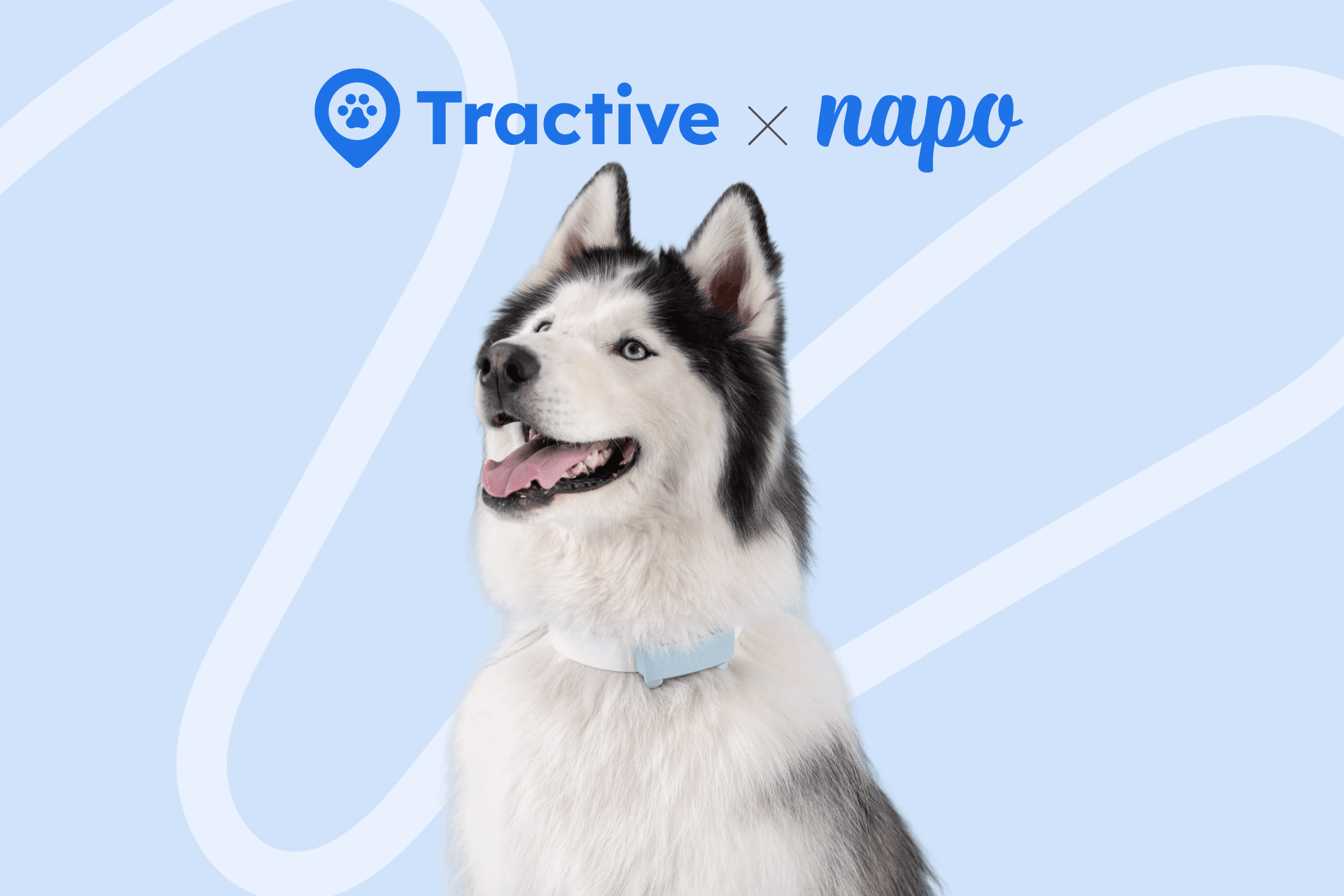Can puppies have peanut butter?

Summary
Peanut butter can be a tasty, high-value treat that your puppy can enjoy in moderation. It’s high in protein and has some vitamins. But because it’s high in fat and calorie-dense, too much can be bad for your pup.
Just remember to check there is no palm oil or xylitol in the peanut butter. Xylitol is highly toxic to dogs!
Can puppies have peanut butter?
Peanut butter is a treat that your puppy can have in moderation. Because it’s high-calorie and high-fat, it must be kept as a special treat. The high-fat content and calories can cause weight gain or pancreatitis if you give them too much. So be very careful about portion control when letting your puppy have peanut butter.
Lots of puppies and dogs like the rich flavour and creamy texture of peanut butter. It can be a very high-value reward when you’re training your puppy.
Just remember to carefully read through all the ingredients and check with your vet first. Go for an all-natural, xylitol-free, unsalted peanut butter that only has peanuts as the main ingredient. It should also be palm-oil free. This way you can make sure that their snack is safe and healthy.
One common way to give puppies peanut butter is by using it as a stuffing for toys, like Kongs. This makes the treat last longer but also turns it into an activity that keeps puppies mentally stimulated and engaged.
What peanut butter can puppies have?
Puppies can have plain, unsalted, and unsweetened peanut butter as a treat. It's best to choose creamy or smooth peanut butter over crunchy to avoid any potential choking hazards. Always check the label to make sure it doesn't have xylitol. Xylitol is a sweetener that’s toxic to dogs. Watch out for added sugars, salt, and other additives that could make your pup sixk. Natural peanut butter with minimal ingredients is a safer choice. Remember, moderation is key to prevent your pup putting on extra weight.
How much peanut butter can a puppy have?
Treats like peanut butter should make up to no more than 10% of your dog's total daily calorie intake. So work backwards from your puppy’s recommended calorie intake and use that to see how much peanut butter your puppy can have. Because peanut butter is calorie dense, puppies can’t have a lot. Just 2 tablespoons packs about 180-200 calories, which can be a whole day’s worth of calories for a puppy!
Always check the calorie and fat content in peanut butter before giving it to your pup. If you’re not sure how much your pup should have, check with your vet the exact number of calories your puppy should be having each day, across both their meals and treats.
Is peanut butter good for puppies?
Yes, in moderation, peanut butter can be a healthy treat for dogs. It's a good source of protein, healthy fats, and vitamins B and E.
But like any fatty food, too much of it can make your pup put on weight and lead to obesity. Too much fat could also be linked to a condition called pancreatitis. So while peanut butter has some nutritional benefits, you should only give your puppy small amounts.
Is peanut butter safe for puppies?
Some peanut butters are safe for puppies to have in moderation. For peanut butter to be safe, it should be unsalted, unsweetened, and not contain xylitol. A natural peanut butter with little processing and no unnecessary additives is the best choice. If you’re not sure if a particular peanut butter is safe for you pup, talk to your vet to get their advice before trying a new product.
Xylitol is a common sweetener found in some peanut butter brands, and it's known to be toxic to dogs. Ingesting even small amounts of xylitol can lead to severe health issues, including a rapid release of insulin, which may cause hypoglycemia (low blood sugar). Carefully read the ingredients list to make sure the peanut butter you choose is xylitol-free.
Look for peanut butter with no added sugar and salt. Plain, unsalted peanut butter is a healthier option, but some commercial nut butters have extra additives. Too much sugar can contribute to weight gain and dental disease. Too much salt can lead to salt poisoning in extreme cases.
However if your puppy has a nut allergy, or if someone in your house has a nut allergy, you shouldn’t give your puppy peanut butter.
Watch out for nut allergies
Even though severe, life-threatening allergic reactions to nuts are uncommon in dogs, they can still have other signs of allergies. If your puppy has symptoms like vomiting, diarrhoea, itching, hair loss or a greasy hair coat after having peanut butter, it could be a sign of a food allergy. In some cases, these symptoms may be severe. If you notice these symptoms, don’t give them any more peanut butter and call your vet for advice.
If someone in your house has a peanut butter allergy, your dog's mouth and breath can trigger their allergy, and transfer the allergen to them or other parts of your home. Talk to your GP or check with the NHS for more advice on the precautions you need to take in this case.
What age can puppies have peanut butter?
Puppies can usually start enjoying peanut butter around 3 months when they are weaned and eating solid food. Always introduce new foods slowly and only a little at a time. Start with small, age-appropriate portions to check that your puppy can safely eat a new treat without any bad reactions.
Always talk to your vet before introducing peanut butter or any new foods into your puppy's diet. Each puppy is unique, and their nutritional requirements and what’s safe for them to eat can be different based on factors such as breed, size, and health condition. Vets can provide tailored guidance for your pup.
Recap: Can puppies have peanut butter?
Your pup can enjoy a little bit of peanut butter as a treat. Just make sure you’re giving it to them as just that, a treat. Because peanut butter is high in fat, its extra important to measure how much you’re giving your pup and control their portions. Peanut butter is generally safe for puppies as long as it does not contain the sweetener xylitol, and your puppy has no allergies. Like any new treat, introduce it to them slowly.
Jump to
Making pet dental care easier with Luna

Making pet dental care easier with Luna
Blog
Napo & Tractive launch partnership offering pet parents free GPS and health devices

Napo & Tractive launch partnership offering pet parents free GPS and health devices
Blog
Why isn’t my cat using the litter tray?

Why isn’t my cat using the litter tray?
By Rachel Rodgers MSc, Head of Training at Napo Pet Insurance
Blog